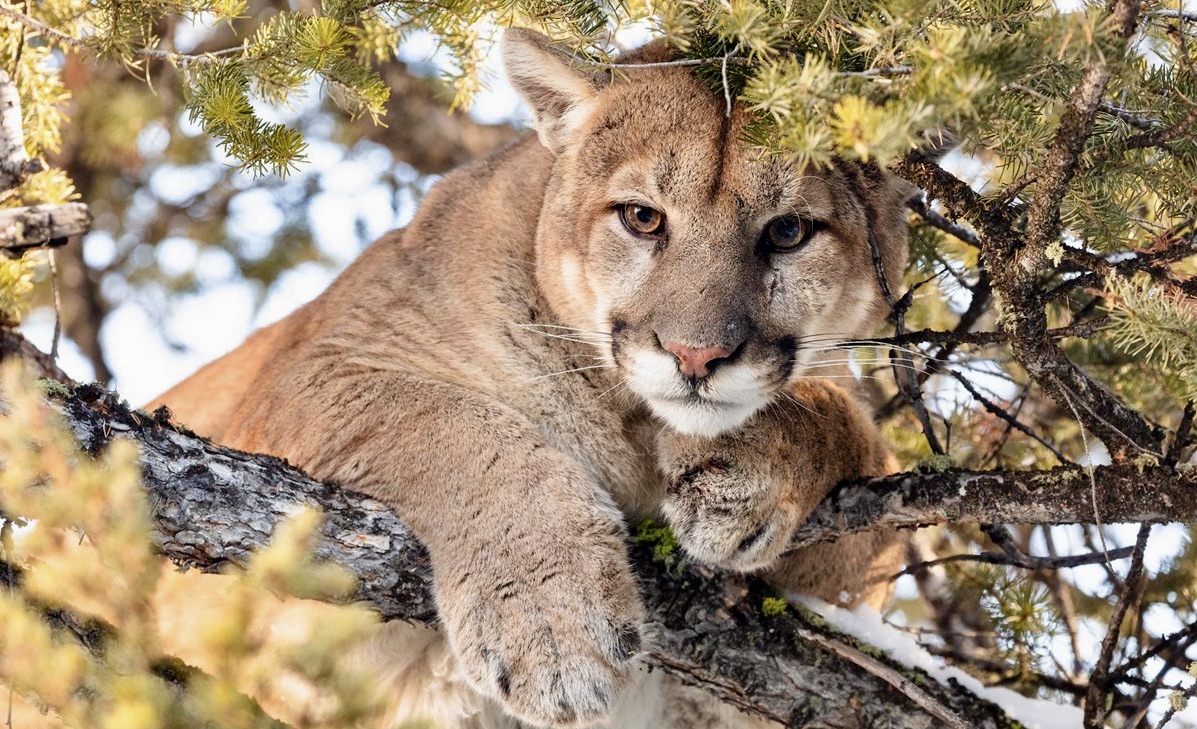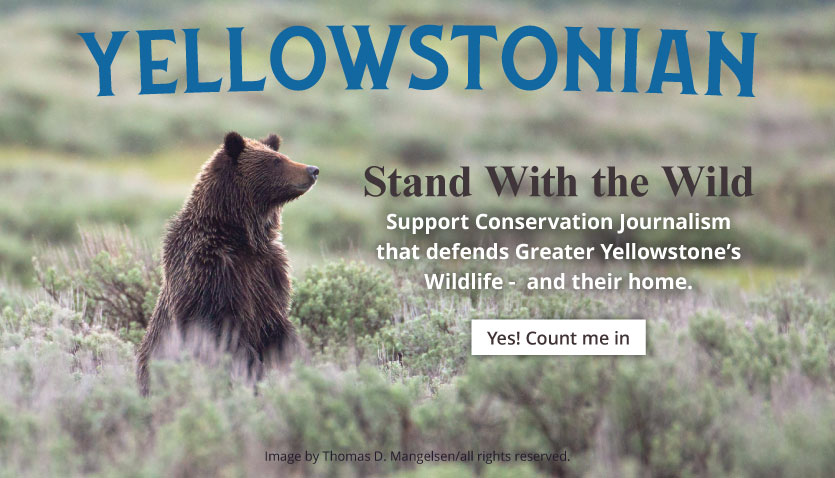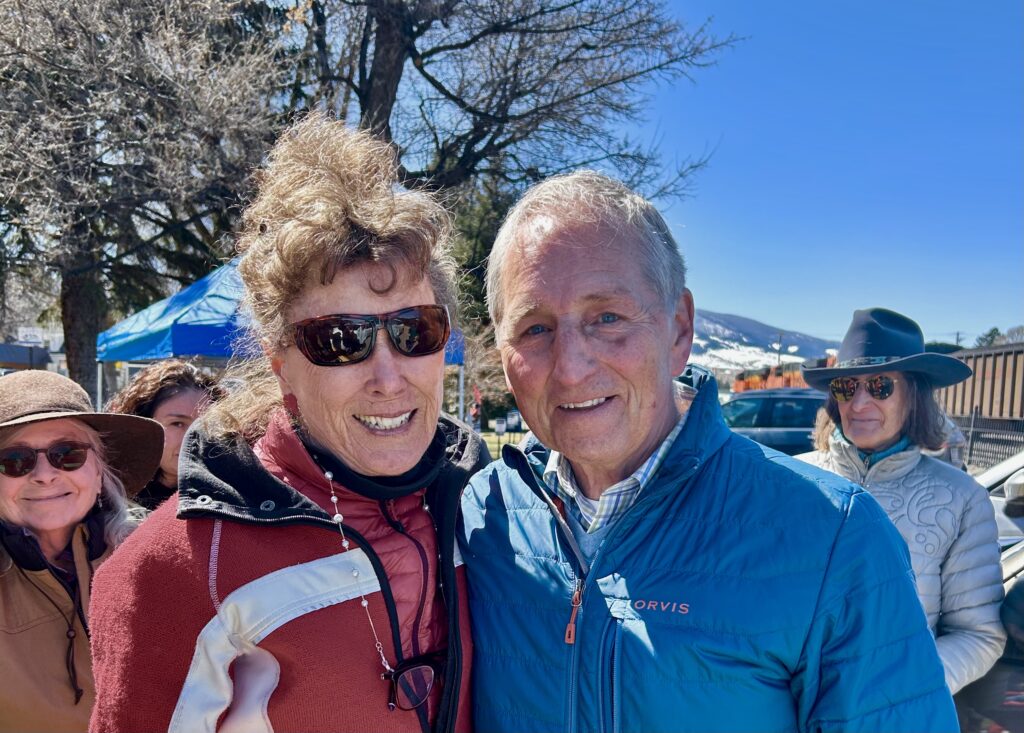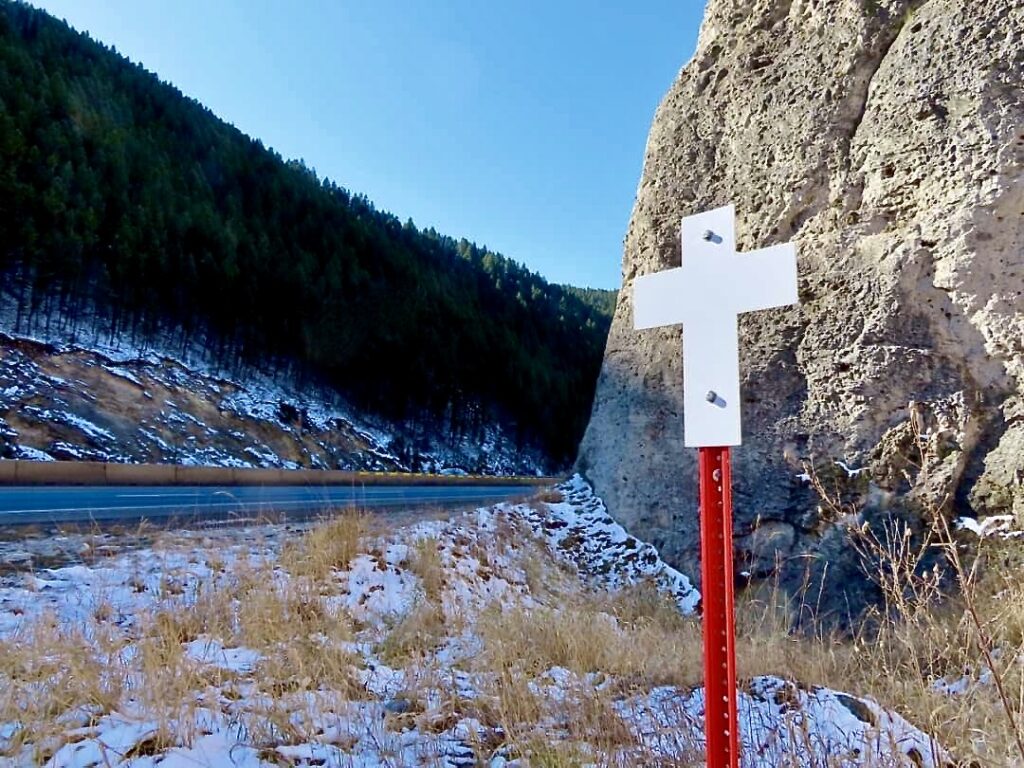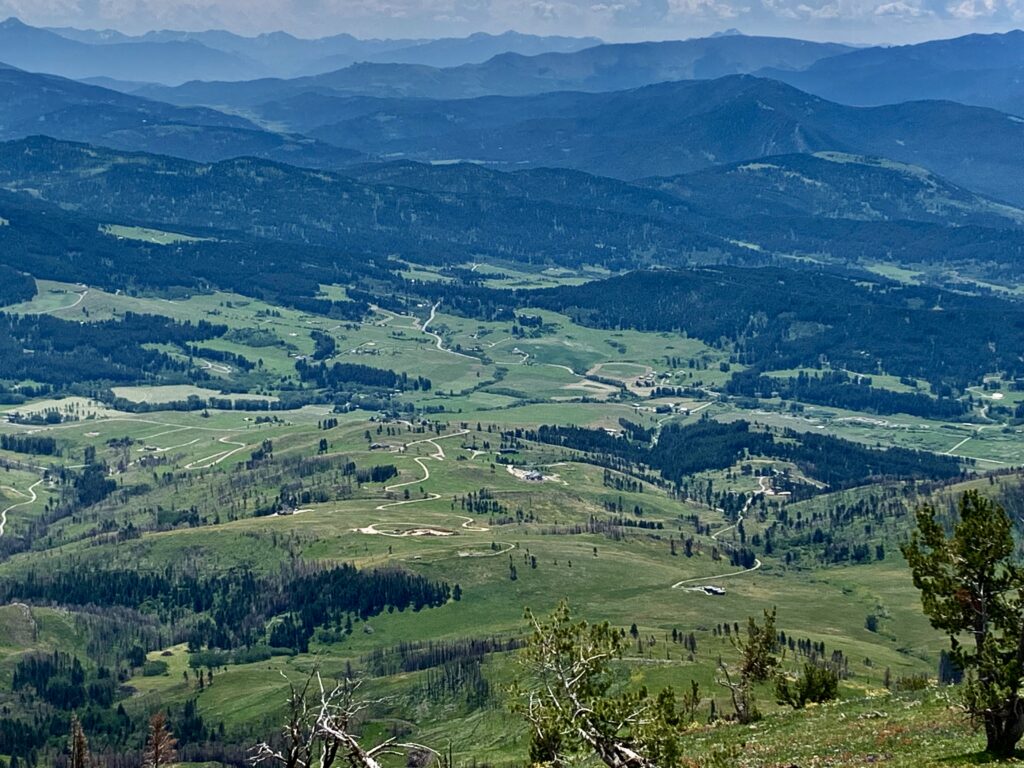UPDATE: The initiative Dan Ashe writes about in his essay below was defeated at the polls in November 2024.
EDITOR’S NOTE: When Yellowstonian publishes op-ed pieces, we try to provide perspective and context of the authors. And so it is with this essay by Dan Ashe who penned it for Writers on the Range. What you need to know: Ashe, who grew up hunting and fishing, served as national director of the US Fish and Wildlife Service which manages 560 national wildlife refuges beloved by hunters and wildlife watchers. The agency also is tasked with overseeing the recovery of plants and animals placed under protection of the federal Endangered Species Act. During his tenure, Ashe favored government de-listing of both gray wolves and grizzly bears. He signed off on Wyoming’s controversial management plan for wolves. But in recent years he has reversed course, saying that politics, “backward mindsets,” and the management approaches of western fish and game agencies have caused him to have serious doubts about those states’ commitments to ongoing biological recovery. In the piece below, Ashe explains why he supports a ballot proposition in Colorado, Proposition 127, that would prohibit the trophy hunting and tapping of mountain lions, bobcats and Canada lynx. Wildlife-related ballot initiatives in Colorado have made national news. In 2020, citizens approved, by a narrow margin, the reintroduction of wolves to the state. Read Ashe’s essay, tell us what you think and we may publish your response at the bottom of Ashe’s essay. Send your thoughts along by clicking here. Keep them civil, printable and on-point. Meantime, we also thank the good folk at Writers on the Range, who have been longtime friends. —Todd Wilkinson
by Dan Ashe
I am a former director of the U.S. Fish and Wildlife Service and have hunted practically as long as I can remember, pursuing small game and waterfowl as well as deer, elk and caribou. Hunting has been a lifelong passion and helped shape my values as a career wildlife conservation professional.
But I am against hunting mountain lions in Colorado. Today, I join many wildlife professionals and hunters who support Colorado’s Proposition 127—Cats Aren’t Trophies, on the ballot this November.
I’ve never been much for so-called “trophy hunting,” especially when the animals are chased to exhaustion by commercial outfitters using dogs and GPS tracking. Once these lions are perched helplessly in a tree, they are shot by a so-called “hunter.”
This kind of hunting violates a foundational value of “fair chase” that I was taught as a child. I was also taught that hunting is a form of harvest, yielding “free-range” delicacies that reconnect us to the land and water. Part of that connection is respect for the game we hunt, not desire to dominate or eliminate them.
But hunters are predators, and as a nation, we have long harbored a bloodlust for competitors like mountain lions. We have stoked societal mythologies and fears, and despite the wisdom of mid-1900s conservation scholars like Aldo Leopold, we have continued to scapegoat these creatures in the name of game management.
“I’ve never been much for so-called ‘trophy hunting,’ especially when the animals are chased to exhaustion by commercial outfitters using dogs and GPS tracking. Once these lions are perched helplessly in a tree, they are shot by a so-called ‘hunter.’ This kind of hunting violates a foundational value of ‘fair chase’ that I was taught as a child.”
—Dan Ashe
Maybe we do this to hide our own inadequacies. It is much easier to blame declining elk or deer populations on mountain lions or wolves than to grapple with habitat loss and fragmentation, drought and water scarcity or changing climates. Acknowledging those would require that we deal with our ever-expanding desires for more and cheaper and easier.
Yet here’s what’s important to know now: Emerging science tells us that these apex predators aren’t the enemy, they’re allies. They are likely providing an important ecosystem service in checking the spread of chronic wasting disease, CWD, an existential threat to healthy deer and elk populations, by targeting animals weakened by the disease.
Forty-two of Colorado’s 51 deer herds and 17 of 42 elk herds are infected with this 100 percent fatal, brain-wasting malady. The disease started in Colorado and spread across the Midwest and Rockies. It has killed hundreds of thousands of elk, deer and moose and it is getting worse.

The pathogen is not a virus or bacteria but a “prion”—a protein that slowly and painfully destroys brain tissue in deer and elk. There is no evidence that these CWD prions are “zoonotic” and can infect humans, but public health officials warn against eating CWD-infected game as a precaution.
Prions aren’t living things, so they can’t be killed with antibiotic or antiviral medications. They can only be “deactivated”, and amazingly, science is telling us that they are deactivated in the digestive systems of predators like lions and wolves. That is why these animals are our natural allies.
“For as long as there have been hunters, and as long as hunters have been managing wildlife, we have scapegoated and persecuted apex predators, like mountain lions. It’s time we change. Mountain lions are our allies, so let’s start treating them that way. We need them to flourish.”
—Ashe
As a scientist, I know that correlation is not causation, but sometimes it can be a powerful indicator. There is good science showing that lions will selectively prey on CWD-infected animals because infected animals are likely easier to kill. Where there are no lions, there are higher rates of CWD-infected animals; where healthy lion population exists, there are low levels of CWD infection or none at all.
Killing 500 lions, every year, in Colorado is not simply unscientific and unethical, it is interrupting the animals’ vital work as a bulwark against CWD. In Colorado, 2,000 residents will buy a license to kill a Colorado lion (0.3 percent of nearly six million citizens, and 0.6 percent of state hunters), and 500 non-residents come into the state to buy a license for lions.
For as long as there have been hunters, and as long as hunters have been managing wildlife, we have scapegoated and persecuted apex predators, like mountain lions. It’s time we change. Mountain lions are our allies, so let’s start treating them that way. We need them to flourish.
Voting yes in support of Proposition 127 is a great beginning.
ENDNOTE: Dan Ashe is a contributor to Writers on the Range, an independent nonprofit dedicated to spurring lively conversation about the West. He was the 16th director of the U.S. Fish and Wildlife Service, serving for nearly six years. Again, if you have something constructive to add, send us your comments. We may print them below. Keep them civil, respectful and pertaining to the narrative of Ashe’s essay. Thank you.
You won’t want to miss:


